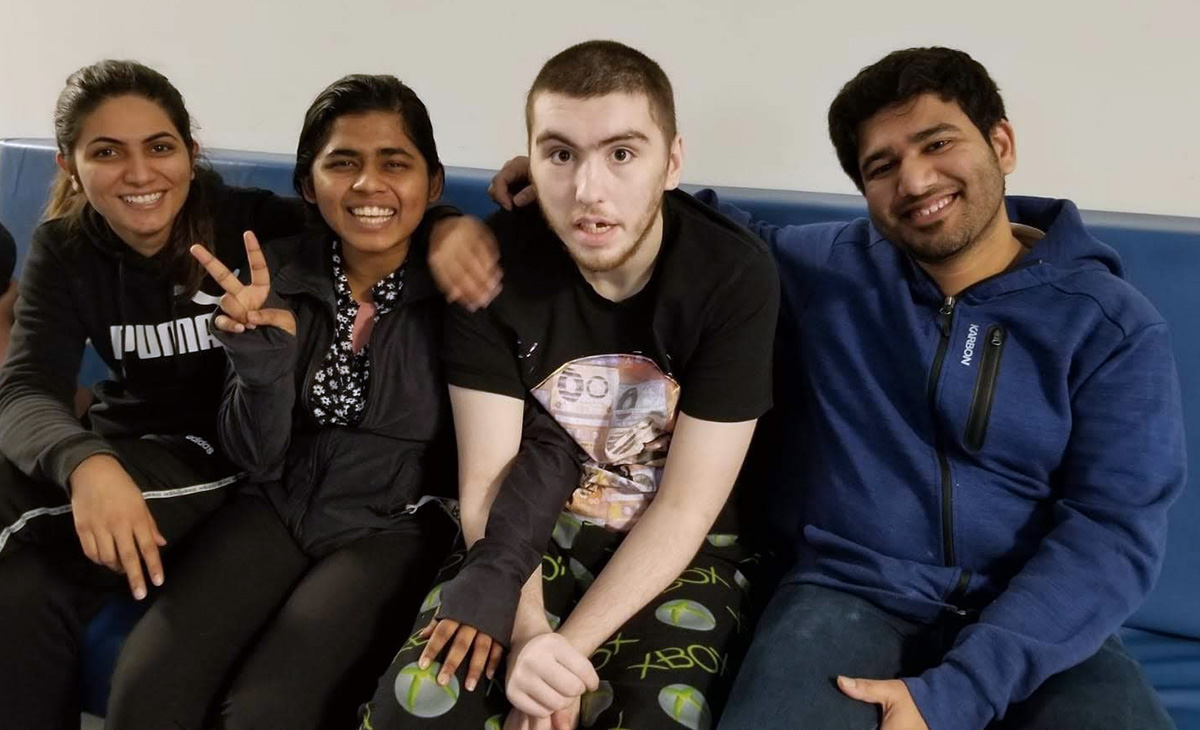CARE
In 2019, the Blossom Group implemented the Children and Residential Experiences: Creating Conditions for Change (CARE) model developed through Cornell University. CARE is a principle-based program model that provides an organizational framework to motivate children and staff to adhere to routines, structures, and processes while minimizing the potential for interpersonal conflict. Ultimately, CARE assists organizations in improving the lives of young people living in residential care (Holden, 2009; Holden et al., 2014; Holden and Sellers, 2019).
The CARE model is based on six foundational principles and implementation of CARE requires training staff on these principles:
1. Relationship based
Children need trusting, meaningful relationships with the adults who care for them so they build emotional and social confidence for other aspects of their lives.
2. Developmentally Focused
3. Trauma Informed
Always consider the impact trauma can have on a child’s development and modify our expectations and interactions accordingly.
4. Family Involved
5. Competency Centred
6. Ecologically Oriented
For more information about the CARE model, please see the Residential Child Care Project, Cornell University: http://rccp.cornell.edu/CARE_LevelOne.html

